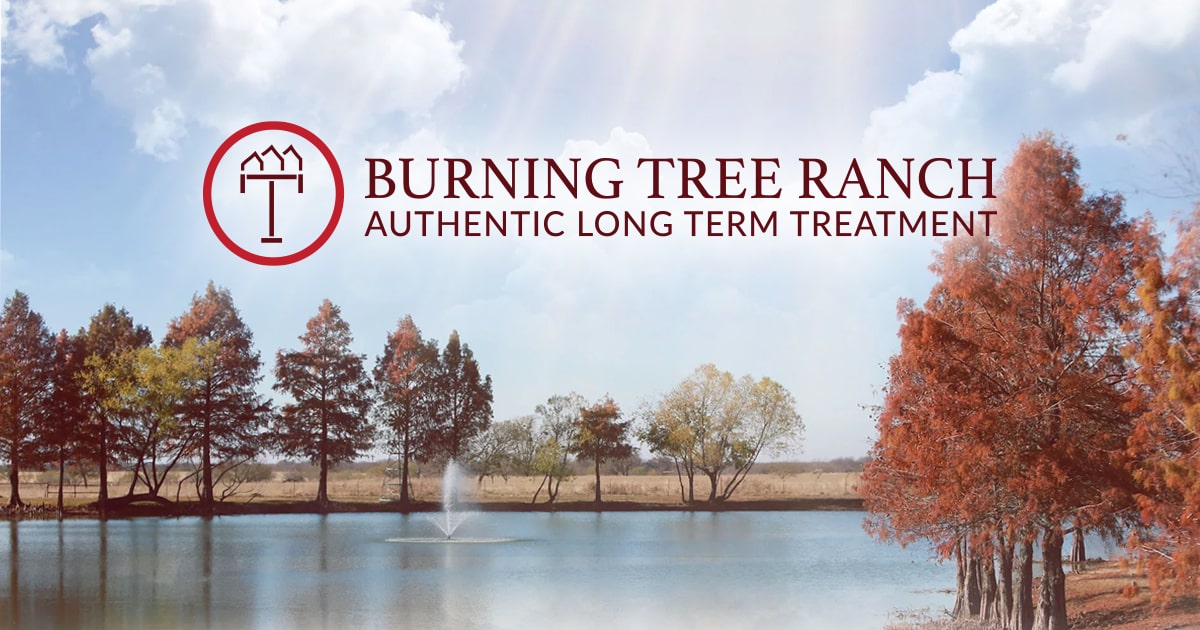Have you ever been around an alcoholic who isn’t drinking?
What is their demeanor? Are they nice? Are they grumpy? How do they react to you?
If you grew up in an alcoholic household, then you know that when mom or dad did not have something to drink they were not happy. Actually, they could be quite irritable.
Some people would even say that their significant other can sometimes be in a better mood when they are drinking. Being clean can be the equivalent of being a dry drunk or white-knuckling your sobriety.
Just because someone is clean does not mean that they have treated their alcoholism. Stopping drinking is only the first part of an alcoholic’s problem.
They also have a problem with their mind, which works to avoid and be resistant to feelings of anger, fear, shame, loneliness, and guilt.
When these feelings arise in the alcoholic who has stopped using alcohol to cope with these emotions, the reaction can be extreme.
What does being sober mean?
In the 14th century, sober meant, “reduce to a quiet condition.” Although this definition does not exactly match what we mean by sober, we can use it here.
Through proper treatment with the 12 Steps, you can “reduce to a quiet condition” the feelings you are resistant to and be comfortable with being honest with yourself.
Alcoholics and addicts have a difficult time being honest with themselves.
Sobriety means you are free from addiction. You have recovered, not recovering. Read about the difference. You can handle the feelings that arise while not using alcohol, and you can even be helpful.
Clean Living: The Journey to Recovery
Navigating the path toward clean living and recovery is a significant and commendable journey. It is a multifaceted expedition that demands commitment, endurance, and strength, but its rewards are immeasurable. This journey involves more than just eliminating harmful substances; it’s about reinventing one’s lifestyle and establishing healthier habits that propel one toward holistic well-being.
Exploring the Process of Achieving and Maintaining a Clean Lifestyle
Various stages characterize the process of achieving and maintaining a clean lifestyle. The initial step involves recognition and acceptance, where one acknowledges the issue and desires change. The subsequent phase is detoxification, where the body is cleansed of the substances. The following stages involve therapy and counseling to address emotional and psychological issues related to substance abuse. Lastly, the individual learns to adopt a new lifestyle, fostering healthier habits and maintaining these changes over time. It’s a continuous journey that requires consistent effort, resilience, and self-care.
Recovery Programs and Their Role in Becoming Clean
Recovery programs are critical in guiding individuals through their journey to clean living. These structured programs provide a comprehensive approach that caters to the multiple needs of individuals struggling with substance abuse. They include medical detoxification to manage withdrawal symptoms, therapeutic sessions to handle emotional and psychological challenges, and support groups to provide a sense of community. Furthermore, they equip individuals with strategies to cope with cravings, manage stress, and prevent relapses.
Overcoming Withdrawal Symptoms and Cravings
The road to recovery can be rugged, with withdrawal symptoms and cravings posing significant hurdles. These could be physical discomforts like nausea, shaking, and fatigue or psychological challenges like depression, anxiety, and intense cravings. However, these can be effectively managed with the proper guidance and resources. For example, techniques such as cognitive-behavioral therapy, mindfulness, and relaxation exercises can be beneficial in mitigating cravings and managing withdrawal symptoms. Additionally, medications might be prescribed in some cases to alleviate physical discomfort.
Sober Living: Thriving in Sobriety
Embracing a sober lifestyle is a transformative process beyond the initial detoxification phase. It’s an ongoing journey of growth and self-improvement, resulting in a healthier, more fulfilling life.
The Ongoing Process of Sober Living
Sober living is a continuous process that demands commitment and persistence. It’s an emotional journey marked by constant learning, growing, and adapting. This journey doesn’t end once substances are removed from one’s life; instead, that’s when the process of sober living begins. This ongoing process involves making decisions that uphold one’s sobriety and promote overall health and well-being.
Developing Coping Mechanisms and Healthy Habits
Thriving in sobriety requires the development of effective coping mechanisms and the cultivation of healthy habits. These mechanisms can involve learning how to deal with stress and cravings in ways that don’t involve substance use. This might include practicing mindfulness, engaging in regular physical activity, or picking up new hobbies. Healthy habits include maintaining a balanced diet, getting enough sleep, and prioritizing self-care. These practices help maintain sobriety and contribute to overall physical, emotional, and mental health.
Engaging in Therapy and Support Groups
Therapy and support groups are essential elements of thriving in sobriety. Therapy can provide insights into the root causes of substance abuse and equip them with strategies to manage their emotions and behaviors. Support groups, on the other hand, give a sense of community, understanding, and shared experiences. They also offer a safe space where individuals can share their challenges, victories, and insights and receive encouragement and advice from peers on a similar journey.
Struggling to Stay Clean
If you’re struggling with addiction to drugs and alcohol, a recovery community and support groups can also assist in your recovery.
But the Big Book of Alcoholics Anonymous states that it takes a psychic change to stay sober. You need to get help rewiring your beliefs, behavior, and how you respond to situations.
Usually, this can be accomplished in an addiction treatment center. Other people can get sober by doing the 12 step program at an A.A. meeting.
The point however is that life for an addict or alcoholic has a lot more meaning than just being clean, and constantly fighting temptation over and over again.
When sober and recovered from alcoholism or addiction, you cease fighting alcohol. The book says you recoil from it like a hot flame.

Having trouble staying clean and sober?
Learn how Burning Tree Ranch has helped thousands of family members and their loved ones since 1999 recover from alcoholism and addiction. Find Freedom
FAQs About Being Clean vs. Being Sober
While both terms generally relate to abstinence from addictive substances, there’s a subtle difference between “clean” and “sober.” Usually, “clean” refers to being free from drug use, and “sober” refers to the absence of alcohol consumption. However, being clean and sober in recovery means refraining from all mood-altering substances.
Certainly, it is feasible for an individual to be ‘clean’ but not ‘sober’. This could be the situation if an individual has ceased using drugs, yet continues to drink alcohol. Nonetheless, the goal of pursuing a substance-free life and recovery is typically to be clean and sober.
The primary criterion for being considered clean or sober is abstinence from drugs and alcohol. In addition, it means not using any mood-altering substances. Beyond that, achieving clean and sober status often involves significant lifestyle changes, such as healthier habits, therapy or counseling, and a commitment to personal growth and self-improvement.
Certain medications, particularly those with addictive potential or those that alter mood, could affect a person’s clean or sober status. It’s crucial to use medicines as prescribed by a healthcare provider and to be open about one’s history of substance use. Strategies or alternative medications can often be used without threatening recovery status.
Assisting a loved one on their path to sobriety entails providing empathy, emotional backing, and motivation. Listen to them, validate their experiences, and acknowledge their achievements. Please educate yourself about addiction and recovery to better understand their journey. Consider participating in support groups or family therapy sessions designed for the loved ones of those in recovery. Remember to take care of your own needs as well, as supporting someone through recovery can also be an emotional process for you.
Get Help
If you or a family member needs help getting sober, then call our admissions staff for more information.





